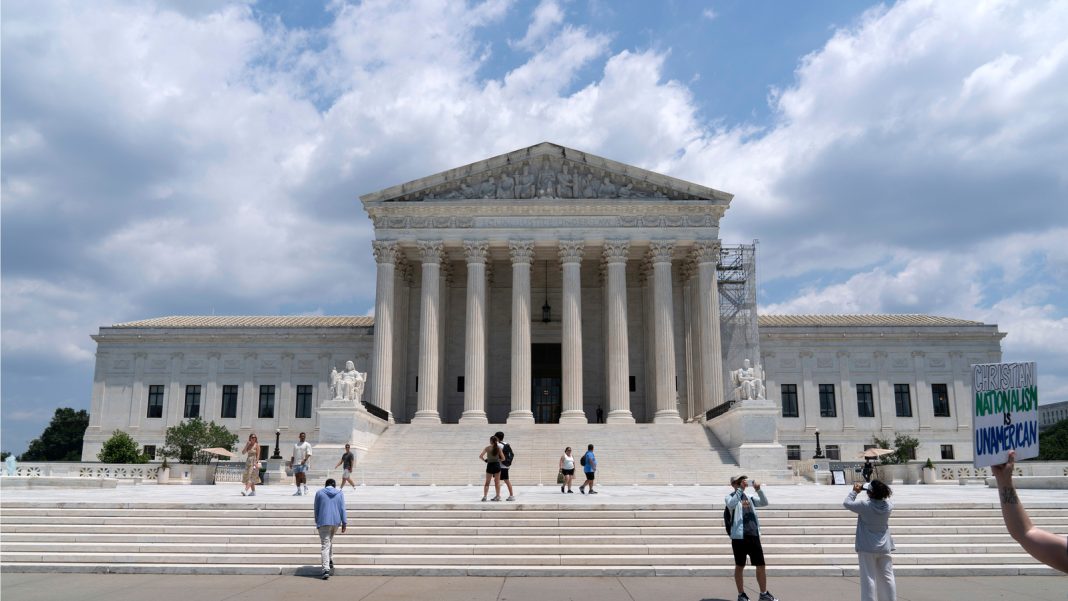The Senate Select Committee on Intelligence completed its extensive “torture report” on the CIA in April 2014, consisting of a staggering 6,700 pages. However, over a decade later, the full report remains undisclosed to the public due to legal obstacles. The report delves into the CIA’s controversial practices of indefinite secret detention and the use of brutal interrogation techniques, providing comprehensive and excruciating details. Senator Dianne Feinstein, who chaired the Senate intelligence committee at the time, emphasized the significance of the report in a 2014 summary.
Numerous parties have advocated for the release of the complete report, including human rights organizations, one of its authors, and even Senator Feinstein and other high-ranking Democrats on the Senate intelligence committee. Tom Blanton, the director of the National Security Archive at George Washington University, which has actively sought access to CIA records, asserts that the report exposes how the CIA deceived the public, Congress, and even itself regarding the information produced by its torture program. Blanton emphasizes the importance of understanding our true history to prevent repeating such crimes.
Efforts to obtain the torture report through the federal Freedom of Information Act (FOIA) have proven fruitless thus far. In late 2016, despite objections from the CIA director, former President Barack Obama included a copy of the report in his presidential papers. However, this particular copy is not subject to FOIA until 2029, twelve years after Obama’s departure from office.
While the CIA and a few federal agencies possess copies of the torture report, some were returned to the Senate intelligence committee vaults during the Trump administration in 2017. Notably, all three administrations—Obama, Trump, and Biden—have vigorously opposed FOIA requests for these agencies’ copies. In 2017, the Supreme Court declined to address a challenge from the American Civil Liberties Union. Currently, a law professor’s attempt to obtain the report under FOIA is pending before the U.S. 2nd Circuit Court of Appeals, following oral arguments last fall.
In 2021, a different approach was taken by Kel McClanahan, my lawyer from the National Security Counselors. We filed a lawsuit against the Senate intelligence committee itself and its current chair, Senator Mark Warner, D-Va., to acquire a copy of the full torture report. Although FOIA does not explicitly apply to Congress, McClanahan argued that the public should have access to the committee’s copy of the report under the common law right of access. This doctrine is well-established for court records but less so for congressional records. McClanahan emphasized the urgency of making this critical piece of American history public.
However, in 2022, the district court rejected this argument, citing the Speech or Debate Clause in the U.S. Constitution, which shields members of Congress from lawsuits related to legislative activities. Last week, the D.C. Circuit Court of Appeals upheld this ruling, affirming that the report is a legislative document protected by the Speech or Debate Clause.
If the courts continue to decline involvement in this matter, Congress itself could take steps to release the torture report before 2029. Senator Ron Wyden, D-Ore., who remains on the intelligence committee, has previously called for its declassification. However, given the current circumstances, Blanton expresses skepticism about the likelihood of this happening anytime soon.

